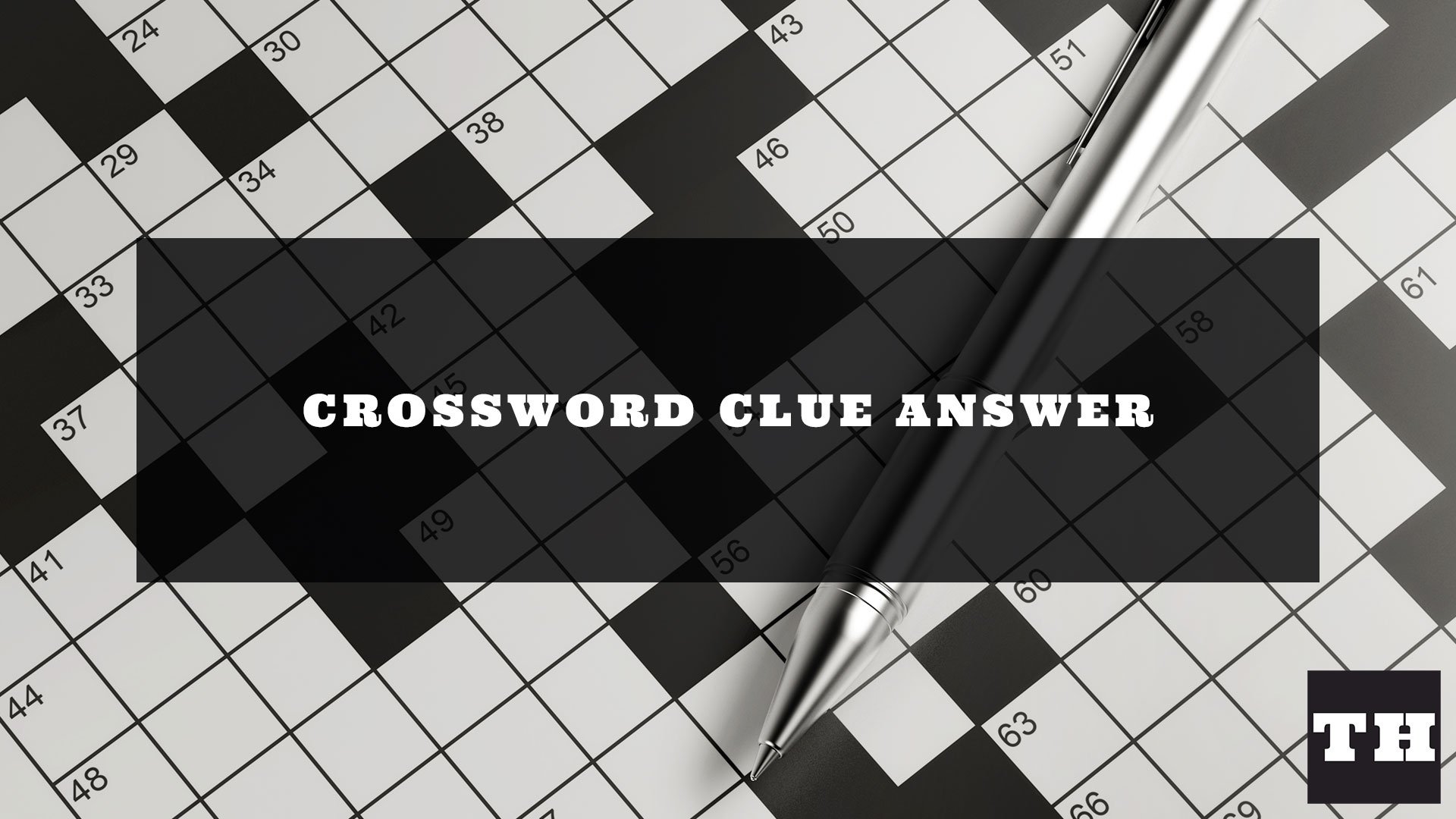The beloved 2008 puzzle platformer, Braid, is finally set to launch its brand-new anniversary edition on April 30, 2024. Fans can expect this updated classic to be available on various platforms, including PlayStation 4, PlayStation 5, Xbox One, Xbox Series X|S, PC, and through the Netflix games subscription service for iOS and Android. Mac and Linux versions will follow at a later date.
Braid Anniversary Edition was first announced by developer Thekla in 2020 with an initial release window of early 2021. The new release date came to light through an official announcement on Braid’s website.
Braid, known for its stunning painterly art style, introduces a puzzle platformer experience where players can manipulate the flow of time in strange and unusual ways. The game takes players on a journey through a series of distinct worlds, challenging them to solve puzzles and rescue a kidnapped princess. Each world grants players a different power to affect the way time behaves, creating intricate puzzles based on the time’s strangeness.
Widely regarded as one of the greatest indie games of all time, Braid is making a triumphant return in the Anniversary Edition, featuring enhanced sound, new mixes, and variations of the soundtrack by composers Martin Stig Andersen (Control, Inside) and Hans Christian Kock, as well as hand-repainted graphics by the original artist, David Hellman. Additionally, this edition introduces smoother in-game animation with extra frames.
For those seeking a touch of nostalgia, the Braid Anniversary Edition allows players to seamlessly switch between the classic and updated versions of the game. As part of the anniversary celebration, the remake will include over 15 hours of commentary from Jonathan Blow, David Hellman, Marc ten Bosch (Miegakure), Brian Moriarty (Trinity, Loom, Alvin and the Chipmunks: The Squeakuel), Casey Muratori (1935; Handmade Hero; Computer, Enhance!), Cris Moore (gamer, resident faculty at the Santa Fe Institute), Frank Cifaldi (Video Game History Foundation), Martin Stig Andersen, Hans Christian Kock, and Jakob Schmid.
For more great content, be sure to check out the rest of our news section.
